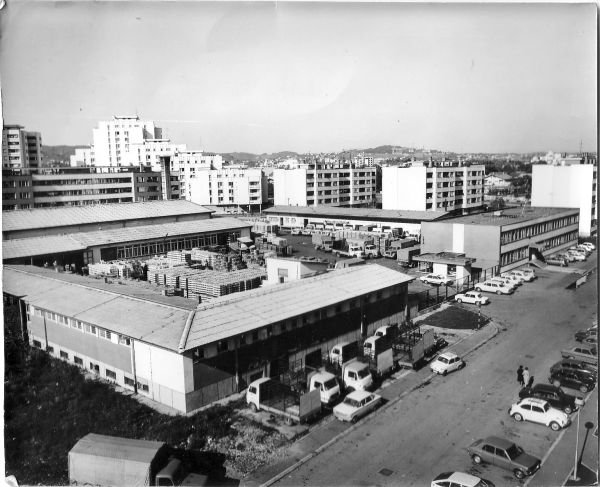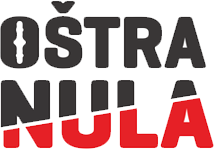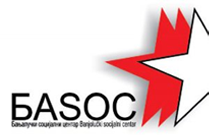The Fruktona Juice Factory, formerly known as “Bosanka”, was founded in 1958. It is located on Beogradska Street in Banja Luka and was originally launched as a trading company dealing in alcoholic and non-alcoholic beverages as part of the “Marijan Badel” enterprise from Zagreb. The first production barracks were built between 1967 and 1968, and in 1970, construction began on a modern factory building. Worker housing was also built within the Fruktona complex. Upon employment, workers were given factory apartments to use, and after ten years of service, they were granted full tenant rights. A school and a children’s playground were also constructed on-site. Fruktona employed hundreds of workers, and in 1974, the first ten-year contract was signed with PepsiCo Inc. At that time, as part of the Agro-Industrial and Trade Complex, the factory began producing and distributing Pepsi beverages.
Like all factories under worker self-management, Fruktona was systematically destroyed and plundered during the war. Alongside the dismantling of worker self-management, Fruktona transitioned from social to state ownership and then directly to private ownership. In 2003, 51% of the state capital was privatized by Nedeljko Popović, owner of Kreis Trade Industriehandel GmbH, Innsbruck, Austria. The factory was sold to him for 25,000 BAM. Just a year later, his company took out a loan of 4 million BAM from Hypo Alpe Adria Bank, using the factory as collateral. Despite workers going on strike due to unpaid wages, the RS Privatization Agency proposed to the RS Government that the owner be exempted from paying contractual penalties for failing to fulfill the business plan, citing that Fruktona could not achieve its business goals due to limited market conditions. By 2010, Fruktona appeared on the RS Tax Administration’s list for failing to meet its current obligations. In May of that year, the company’s production facilities were shut down, and the tax administration froze all accounts. The company’s debt amounted to 7 million BAM. The company’s management disappeared, the majority owner in Austria declared bankruptcy, and no one addressed the outstanding debts. Workers were owed seven months’ wages and benefits.
Thus, the factory stands abandoned. The experience of Fruktona demonstrated the success of self-managed worker organization compared to privatization, which, driven by wartime nationalist propaganda, brought wealth only to a small circle of the privileged. The factory remains abandoned to this day, its machines long since removed, and the entire complex has been proposed for demolition. The city plans to hand over the land to private investors to build new residential buildings, thereby disrupting the appearance and functionality of the entire neighborhood. The construction of Borik, carried out by self-managed labor organizations, was planned and systematic, aimed at achieving high life functionality. However, this does not align with the interests of the local political and economic elites.



